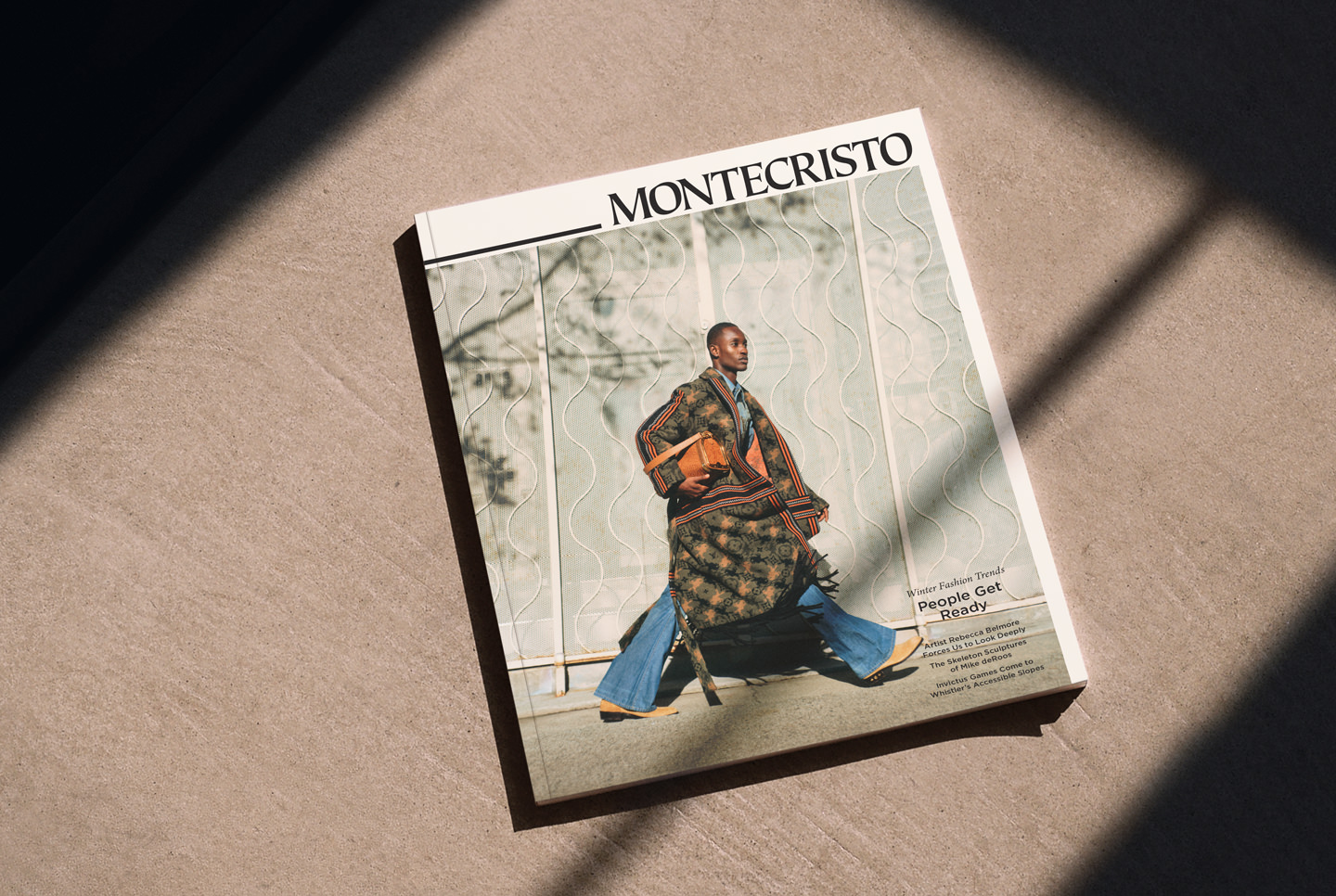Our newest issue has arrived! Pick up a copy or sign up to our weekly newsletter to never miss a story.
This year I attended the Remembrance Day ceremony at Mountain View Cemetery. As the 11th hour approached, the Vancouver choral ensemble Musica Intima sang a new arrangement of Russell Wallace’s tribute to Indigenous veterans, “Forgotten Warriors.” Following two minutes of silence at 11 a.m., a “phrase of remembrance”—a haunting musical motif—was played by a selection of brass players who then dispersed, positioning themselves at various points around the graves of fallen soldiers, the mournful phrase resonating around those gathered. There were no words spoken throughout, leaving attendees to reflect individually on their relationship to this day.
Collective moments such as these are vital reminders that we are all in this life together, no matter the differences of background, belief, or opinion. That standing with strangers is how we know we are not alone, even on the darkest days. We find these moments of community in different ways, of course, but whether it’s through music, sport, faith, volunteering, or something else, the personal impact of knowing we are part of something bigger than ourselves must be positive, never mind the reminder that what we have in common trumps that which divides us.
That’s not to say we shouldn’t be open to having our point of view challenged—far from it. It is in these moments, when we are forced to look beyond our own experience, that understanding, compassion, and humanity grow. Artists have always known this, the best forcing us to question our assumptions at every step.
Rebecca Belmore is this year’s Audain Art Prize recipient. An Anishinaabe woman with a forceful body of work across performance art, sculpture, and photography, she is unafraid of making us uncomfortable. Indeed, she might argue, that is exactly the point. Similarly, Firelei Báez, in a career-surveying show at the Vancouver Art Gallery, explodes myths and perspectives promulgated by colonialism and its modern-day tendrils through colour and maximal canvases that question accepted tenets of history and culture. These women are featured in this issue, along with the fiercely talented Grammy-winning musician Arooj Aftab, whose genre-defying work finds influences across musical traditions from jazz to South Asian classical traditions.
Our connections, of course, go beyond human interaction, however subtly or overtly we choose to recognize it. Mike deRoos is a skeleton articulator who specializes in cetaceans (including the blue whale at UBC’s Beaty Biodiversity Museum). His extraordinary mountings do more than present a scientifically accurate rebuilding—somehow, he still sees life in bare bones. His ability to create that sense in others is a remarkable talent, and one that has made his Saltspring Island studio world famous.
This winter, Whistler and Vancouver host the Invictus Games, where injured and disabled servicemen and -women and veterans compete in sports from skiing to wheelchair rugby. Overcoming not just physical adversity but also the mental challenges of facing a life forever changed is undeniably inspirational on an individual level. But it is also another reminder of the strength that comes through community. Behind the games there are trainers, supporters, and engineers who have pushed their own creativity to find ways to make these sports accessible. We speak to some of those involved in the games, as well as Whistler Adaptive, a nonprofit that has worked to support accessibility for all on the mountain for the past 25 years.
Read more from our Winter 2024 issue.









